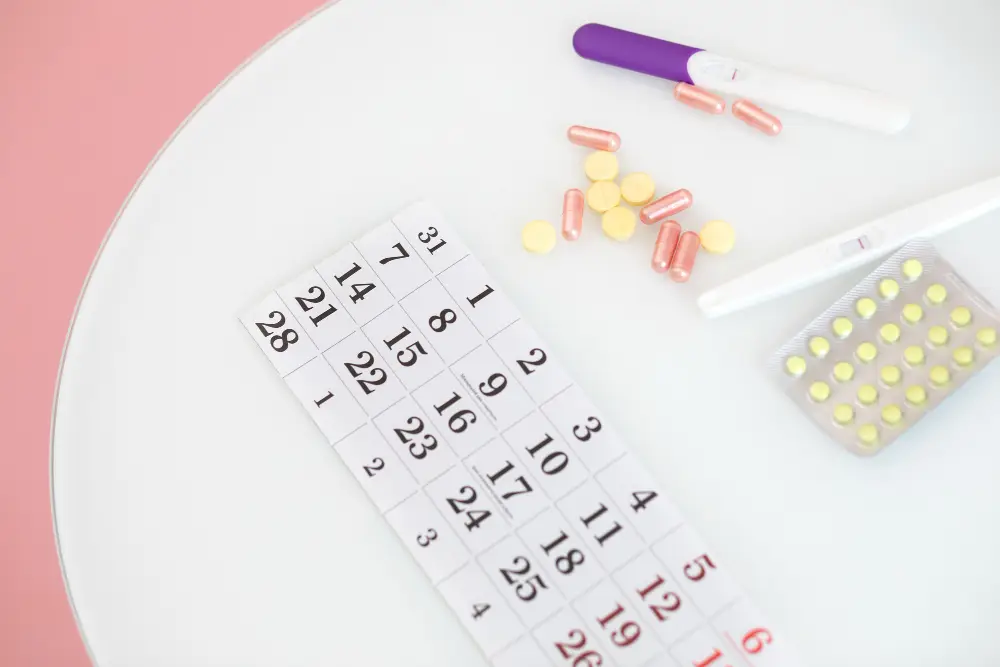Discover safe ways to exercise during IVF. Get tips on managing stress, diet, and routines to boost your success during treatment.
Introduction
Embarking on the IVF journey can be both physically and emotionally demanding. As you prepare for one of the most important stages in your fertility journey, it’s natural to wonder how your daily routines—especially exercise—fit into the process. Staying active is essential for mental and physical health, but IVF comes with its own set of precautions. So, the question arises: can you exercise during IVF treatment? The short answer is yes, but it requires a mindful and modified approach. Exercise can help manage stress, improve blood flow, and keep you grounded, but it’s crucial to adapt your routine to support your body during this delicate process. Let’s explore what exercising during IVF looks like, and what each partner should keep in mind.
Why should you workout during IVF treatment?
Regular exercise is an excellent way to stay fit and reduce stress, both of which are beneficial when undergoing IVF. However, too much exercise or high-intensity workouts can put undue strain on the body and may negatively impact your IVF success. During IVF, a woman’s body goes through significant hormonal shifts due to fertility medications. These hormones stimulate the ovaries to produce multiple eggs, which can cause the ovaries to become enlarged and sensitive. In this state, rigorous exercises like running or weightlifting should be avoided as they could lead to ovarian torsion—a rare but serious condition where the ovary twists around the surrounding tissues.
Types of Exercise to Focus On:
- Walking: Gentle walking is one of the safest ways to stay active during IVF. It’s a low-impact activity that encourages circulation and boosts mental clarity. A 20-30 minute walk can make a big difference in reducing stress levels.
- Yoga: Yoga is another excellent option, but it’s important to avoid poses that put pressure on your abdomen. Focus on breathing exercises and restorative poses that promote relaxation and mindfulness.
- Swimming: Swimming is a great full-body workout that doesn’t strain the joints or muscles. The buoyancy of the water takes the pressure off your body while keeping you active. Just be cautious if you’re going for a swim post-egg retrieval, as it’s recommended to avoid water exposure to the vaginal area for a few days.
Exercise After Egg Retrieval
After your egg retrieval procedure, your body will need some time to recover. It’s common to feel sore, bloated, or fatigued, and you should avoid exercise for a few days to a week following the procedure. During this time, rest is crucial, and you should refrain from any activity that could strain your abdomen or cause discomfort.
Once you feel better and get the green light from your doctor, you can gradually return to light activities like walking or yoga. However, it’s best to avoid intense workouts until after the embryo transfer and throughout the two-week wait period.
Exercise also keeps your emotional well-being in check
Exercise isn’t just beneficial for your physical well-being; it also plays a significant role in maintaining emotional health during IVF. Anxiety and stress are common, especially as you wait for results. Gentle movement can trigger the release of endorphins, the “feel-good” hormones, helping you stay grounded and calm during an emotionally turbulent time. Staying active as a couple can also help strengthen your bond. Whether it’s a daily walk together or joining a yoga class, shared activities can bring you closer and offer emotional support to one another.
Benefits of exercise for male fertility
While the female partner goes through the bulk of the physical process during IVF, it’s equally important for the male partner to stay healthy. Regular exercise helps improve sperm quality, boosts mood, and reduces stress. However, like their female counterparts, men should avoid excessive exercise during this time. A balanced approach with moderate activity will support overall health and fertility.
Conclusion
Exercise during IVF is all about balance. It’s about listening to your body and adjusting your routine to match your unique journey. Low-impact activities like walking, yoga, and swimming are generally safe and can help reduce stress while promoting overall well-being. Remember, every IVF journey is different, so always consult your doctor before making any changes to your exercise routine.
At the end of the day, IVF is not just a physical process—it’s an emotional and mental journey too. We’re here to support you every step of the way, whether that means offering advice on your fitness routine or simply being there to listen. Together, we’ll navigate this path with care, understanding, and optimism.
FAQs:
- Can exercising improve IVF success rates?
Moderate exercise can help maintain overall health and reduce stress, which is beneficial during IVF. However, excessive or intense workouts may negatively impact fertility, so it’s important to keep exercise balanced and low-impact.
- Should I avoid exercise after egg retrieval?
Yes, it’s recommended to stick to low-intensity exercises for a few days after egg retrieval. Your ovaries will be enlarged and sensitive, so it’s important to avoid any activities that could cause discomfort or increase the risk of ovarian torsion.
- Can the male partner’s exercise routine affect IVF success?
Yes, regular exercise can help improve sperm quality and overall well-being for the male partner. However, just like with women, it’s important for men to avoid excessive exercises or any steroids that could negatively impact their health or fertility.
- How long should I wait after embryo transfer to resume exercise?
It’s best to avoid intense physical activity during the two-week wait following embryo transfer. Light activities like walking and swimming are generally safe, but always consult your doctor before resuming any exercise routine during this time.




